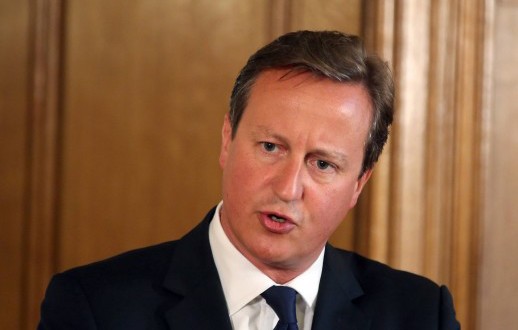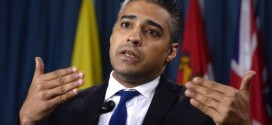
UK tightens anti-terror laws, can temporarily seize passports
British Prime Minister David Cameron on Monday announced tough measures against Britons intending to fight in Syria and Iraq, and against battle-hardened extremists who might return to the UK.
The British premier said that his government will draw up plans to ban suspected British national extremists returning to the UK, while the police will get additional powers to temporarily seize passports of suspected terrorists at the border.
He announced the new measures in parliament after the terror threat risk level in the UK was raised to “severe” on Friday, suggesting that an attack is “highly likely”, due to fears regarding the situation in Syria and Iraq.
“Adhering to British values is not an option or a choice. It is a duty for all those who live in these islands so we will stand up for our values, we will in the end defeat this extremism and we will secure our way of life for generations to come”, he said in the House of Commons.
Around 500 British extremists are estimated to be involved in Iraq and Syria, where a major offensive from the extremist group Islamic State (IS) is causing global panic.
British police have made 69 arrests in connection to fighting in Syria in the first six months of 2014, over five times the total number of such arrests in 2013, with one of the offenses being suspicion of traveling abroad for terrorist training.
The new rules apply to suspects when there is insufficient evidence deport them or charge them. They are the latest step in years of debate since 9/11 on how to handle terror suspects in Britain. Police forces will be able to practice rarely-used powers, called Royal Prerogative, to seize the passports of suspects looking to fight in Iraq and Syria at British borders.
Cameron also said that his government will also draw up “a targeted discretionary power to allow us to exclude British nationals from the UK”.
 العربي الديمقراطي The Latest From The Arab World
العربي الديمقراطي The Latest From The Arab World




